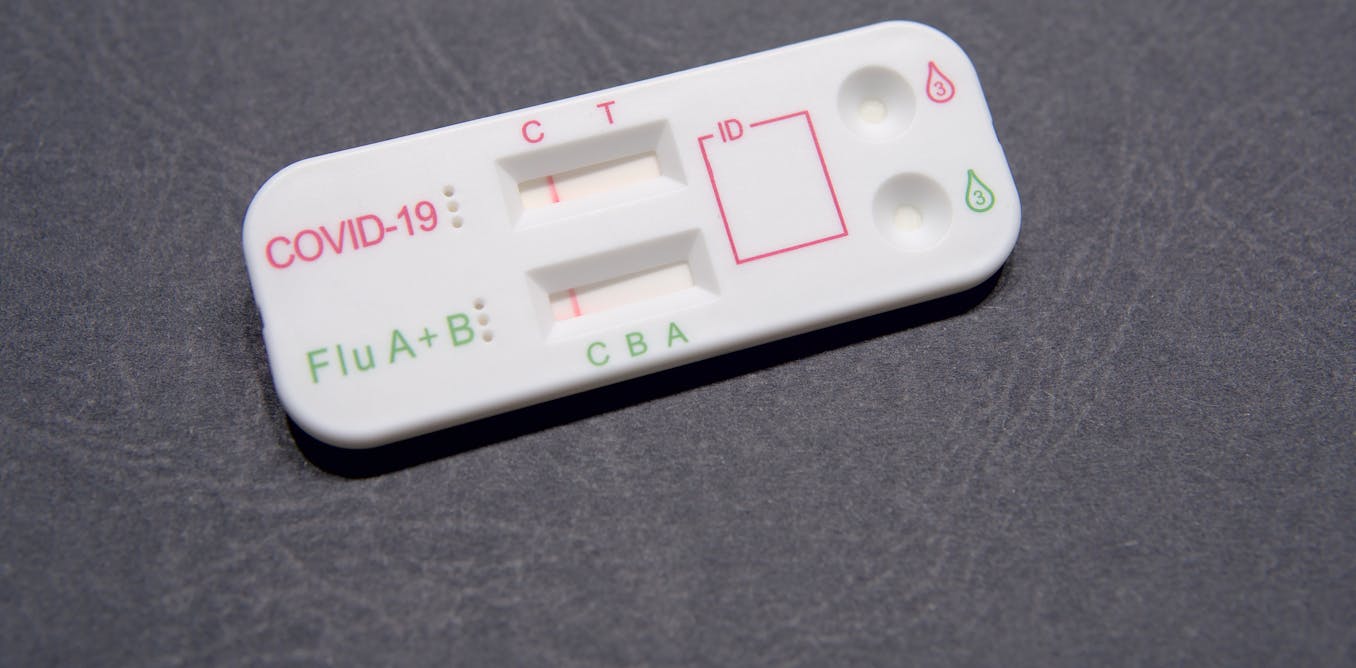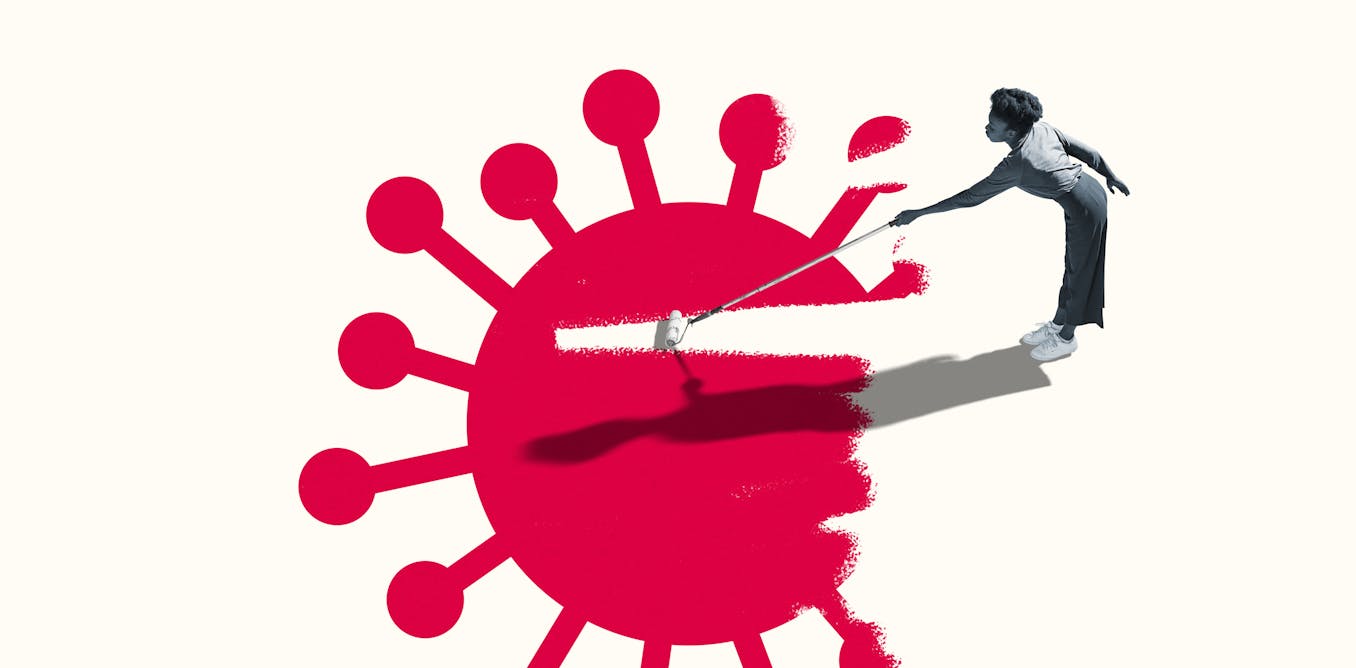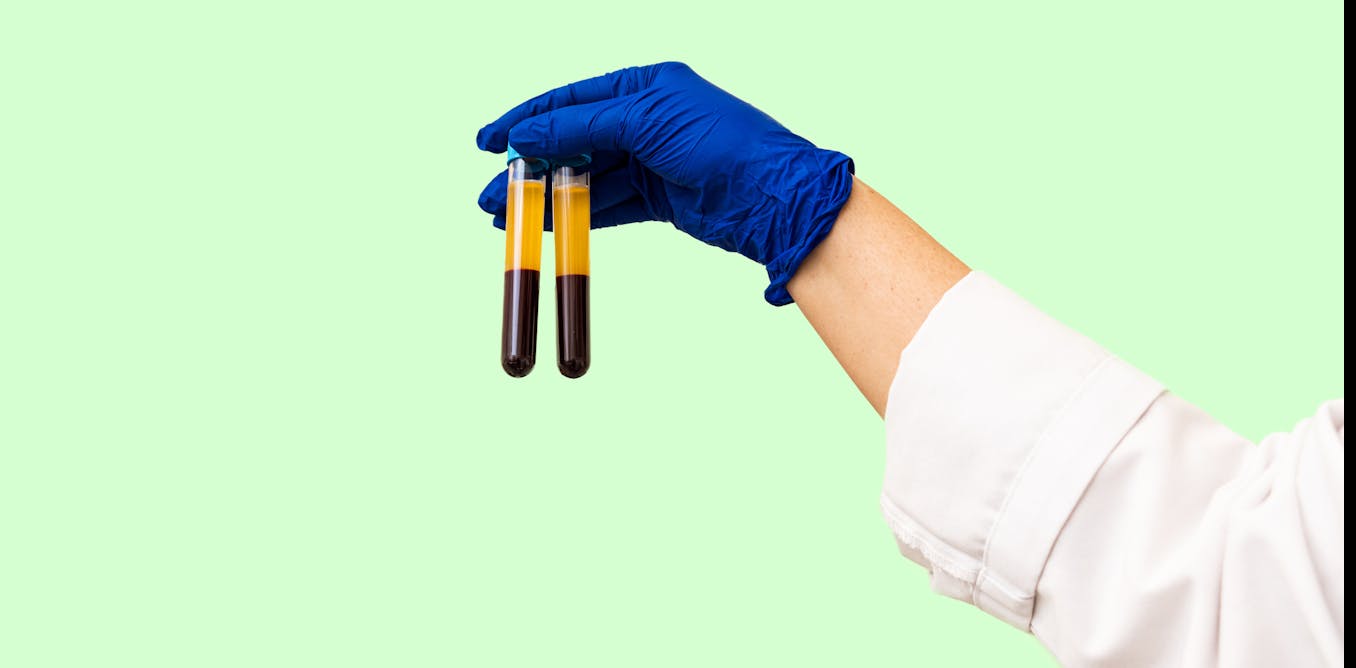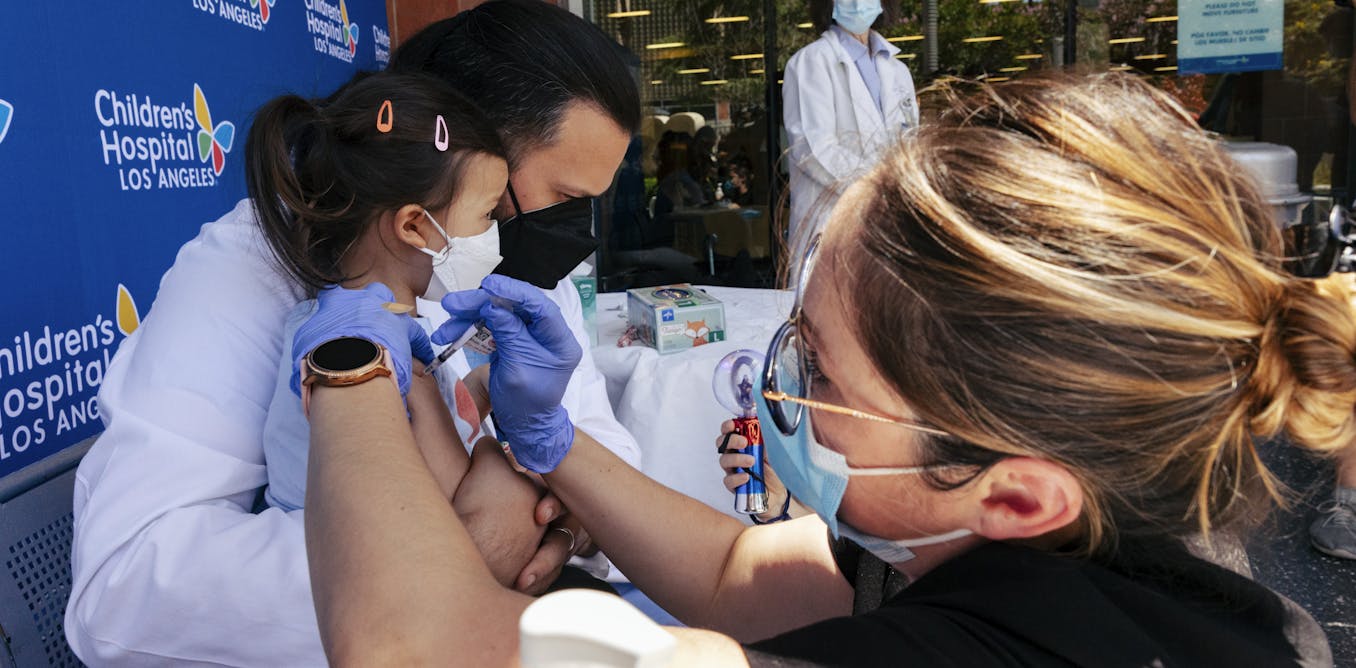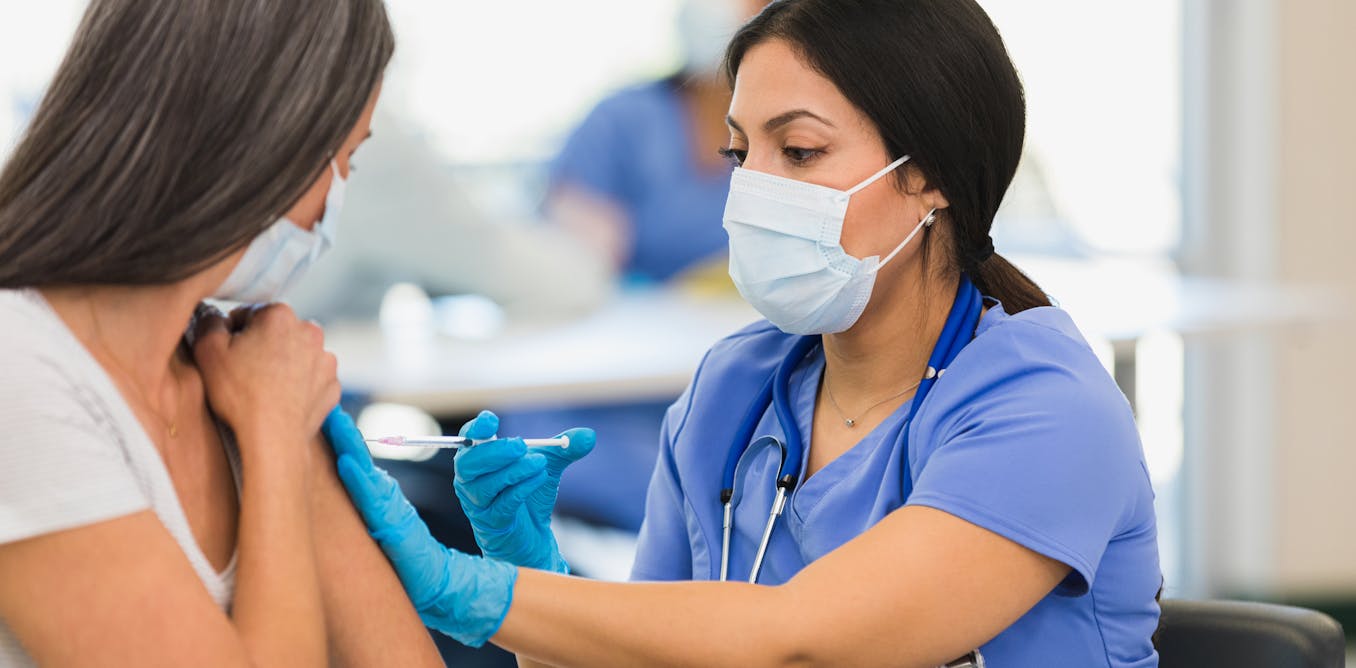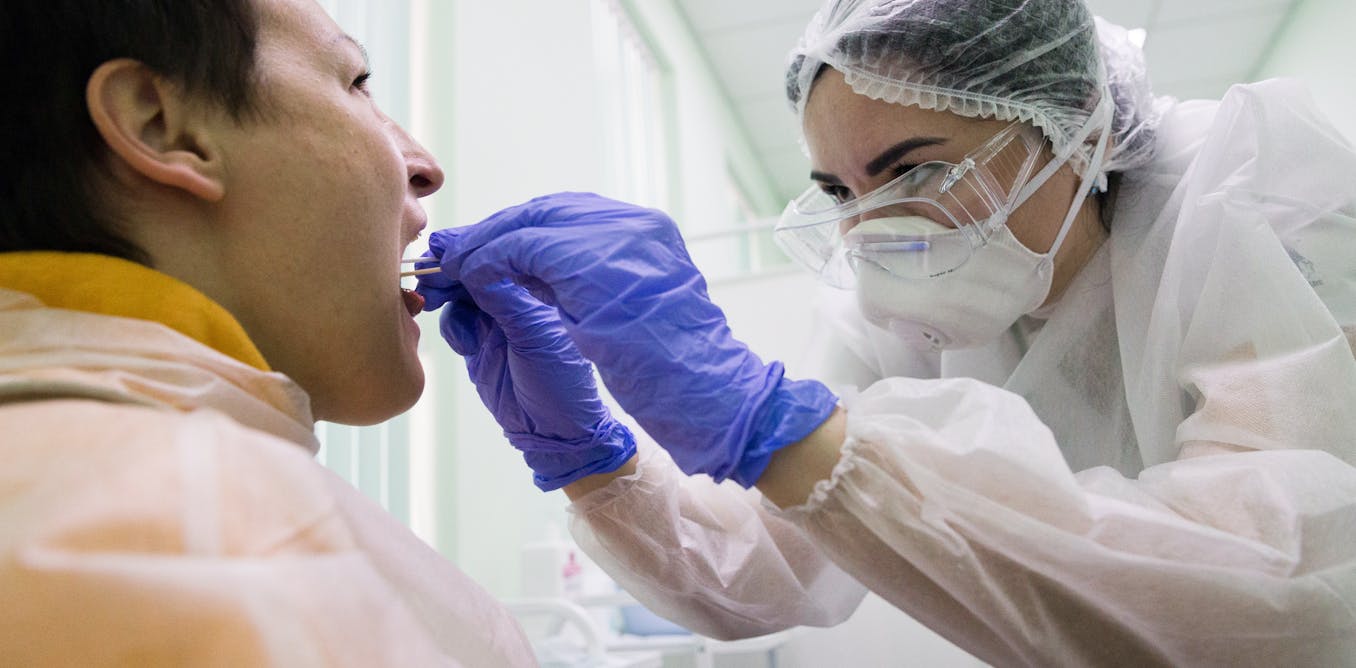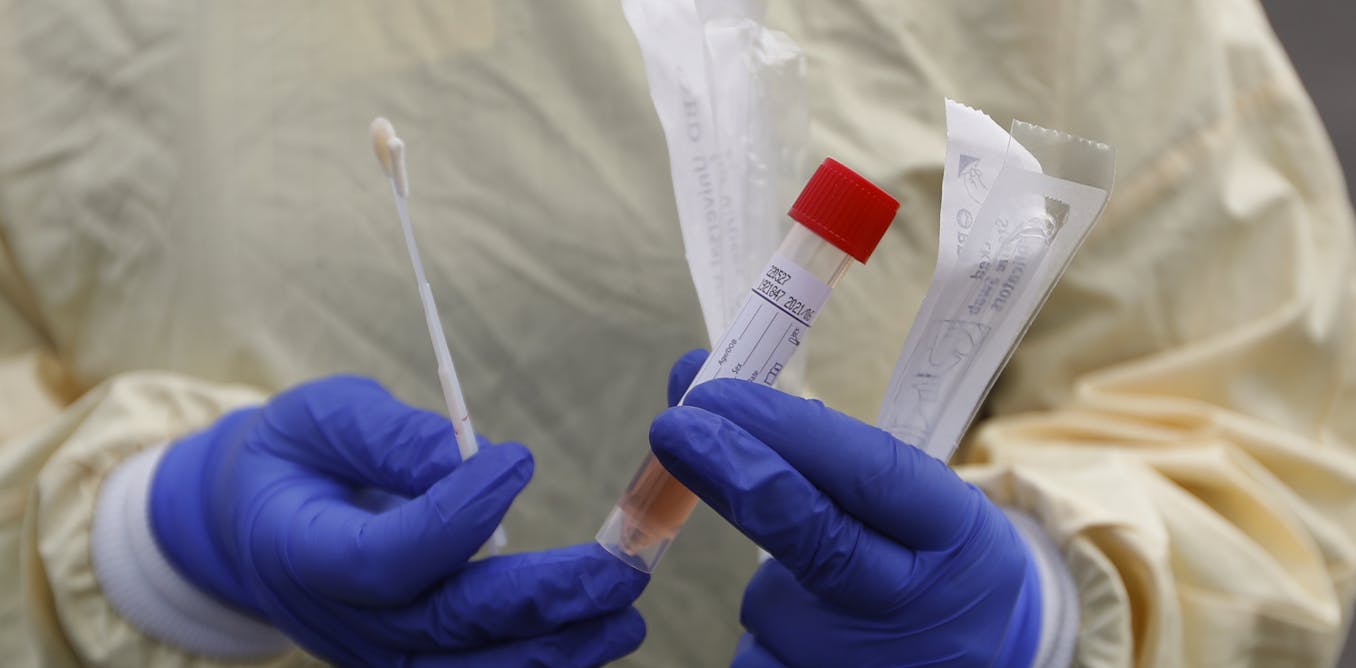Is it COVID-19? Flu? At-home rapid tests could help you and your doctor decide on a treatment plan
A fever and a nasty cough can be symptoms of a range of respiratory illnesses. An antigen test that narrows down the culprits can speed up diagnosis and recovery.
Oct. 8, 2024 • ~8 min

